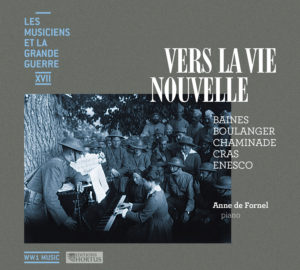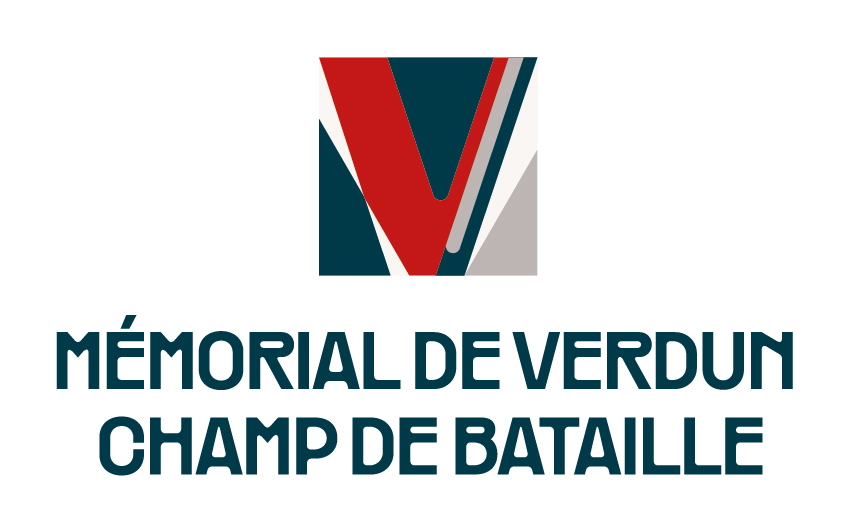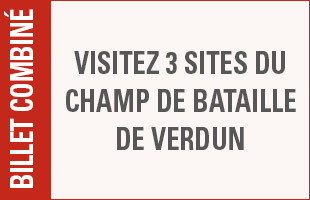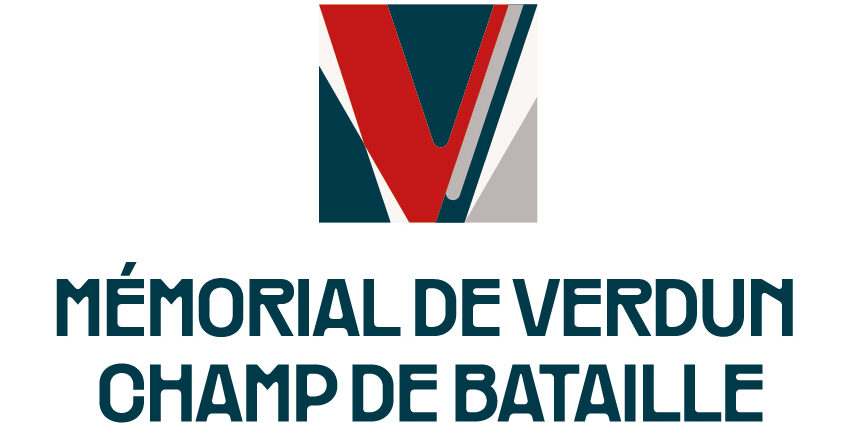I want you for US Army! America’s entry into the War
Even before the USA entered the war, composers on both sides of the Atlantic were referencing this dramatic period in their works. Some, such as Cécile Chaminade, evoked images of devastation, while others, such as the American avant-garde composer Leo Ornstein, gave an almost journalistic description of the fighting in Flanders. During the same period, it was rather music completely detached from the conflict that was being composed by conscripts, such as the young William Baines, who sought refuge in a somewhat nostalgic depiction of idealised nature, or who, like Jean Cras, then commander of a destroyer, found momentary escape while composing dances. No doubt moved by the tragic and brutal nature of the war in Europe, the American Charles Griffes chose the title De Profundis for one of his works in 1915. Meanwhile, the opportunistic Australian composer Percy Grainger, freshly arrived in the US to escape pressure to enlist in the army, and having weathered criticism from his British friends, demonstrated his interest in US military music with his composition One more day, my John. Thus, in June 1917, he found this an effective way of making his name throughout the world while showing his solidarity with the servicemen. There was a shift in opinion in the USA. Uncle Sam proclaimed loud and clear I want you for US Army!
In 2012, Franco-American pianist and musicologist Anne de Fornel was awarded a Masters in piano from the Conservatoire National Supérieur de Musique et de Danse in Lyon where she studied with Florent Boffard. She already has several recordings to her name on the Hortus label: Un Long Voyage (2012) with Trio Steuermann who perform works for solo piano and chamber music by the Swiss-French composer Pierre Wissmer; CD/DVD Tramages (2014) with the Mesostics Ensemble on which she is the soloist in two contemporary concertante pieces – Trame IV by Martin Matalon and Interstices by Philippe Hurel. She is also the artistic director of the project (winner of five awards from the Diapason magazine); La Nuit Transfigurée (2015) with Trio Steuermann, contrasting works by Arnold Schoenberg, Anton Webern and Johannes Boris Borowski; Vers la Vie Nouvelle (2016), which brings together several pieces composed during the First World War. She has a keen interest in contemporary music and has written several pieces for piano.
In 2012, Anne de Fornel also became a Doctor of Musicology at the Sorbonne University (Paris IV). The following year, she gained a master’s degree in “Media, Art and Creation” at HEC Paris. She is co-author of the documentary Pierre Wissmer, un portrait (2015) directed by Éric Darmon. In 2018, she is due to publish the monograph John Cage with Éditions Fayard.
This event is part of the 10th edition of Rencontres de Verdun organised by the Meuse Department Historical Commission.
Download the program “Rencontres de Verdun”
In partnership with Éditions Hortus
Tariff
Free entry. Limited places.
Booking recommended using the form here.
Listen
 Nadia Boulanger (1887-1979),
Nadia Boulanger (1887-1979),
Vers la vie nouvelle (1915),
by Anne de Fornel on an 1892 Pleyel piano
Vers la vie nouvelle, Les Musiciens et la Grande Guerre, vol XVII, Hortus 717, éditions Hortus.


















